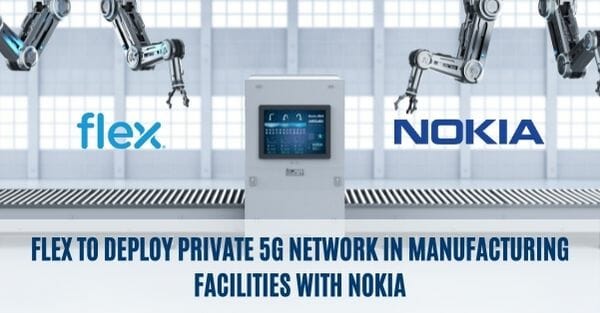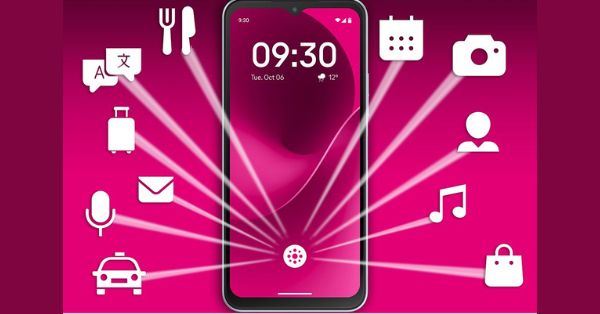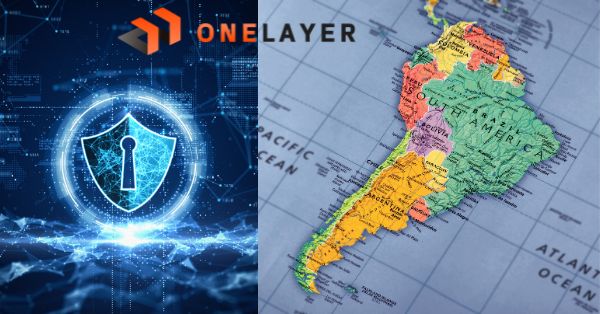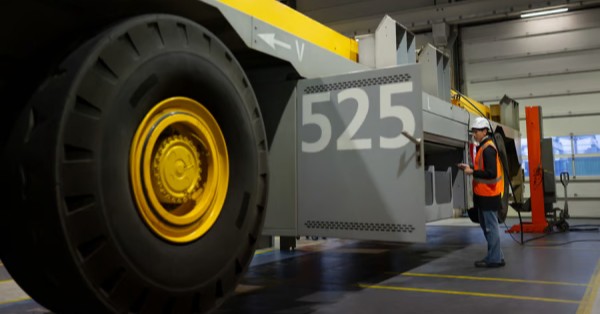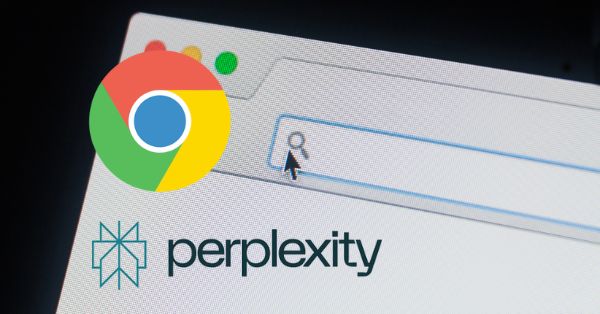Nokia announced a collaboration with Flex Brazil to deploy 5G SA private wireless networks in its manufacturing facilities in Brazil. Initial use cases will focus on increasing wireless applications and exploring the potential of 5G for reliable connectivity, massive transfers of operational data, and greater layout flexibility on the shop floor. Nokia Digital Automation Cloud (Nokia DAC) will provide the private wireless on-demand service as well as MX Industrial Edge computing and digital-enabling applications.
The collaboration reflects the long-term goal of both companies to introduce innovative Industry 4.0 solutions in the supply chain and manufacturing verticals, to make operations more agile and cost-effective with 5G technology, becoming a lighthouse to other companies interested in pursuing this journey.
Flex, a multinational electronics company with over 100 sites worldwide, provides innovative technologies that play a key role in manufacturing and supply chain operations. A leader in Industry 4.0, they deliver to its various global customers using already today technologies such as advanced simulation, automation and robotics, analytics, IoT and additive manufacturing (3D printing). Private wireless is seen as the key enabler to enhance competitiveness linked to the digital transformation resulting increased efficiency, agility and sustainability.
Offered as-a-service, Nokia DAC combines plug-and-play 4.9G/LTE and 5G industrial-grade network connectivity with on-premise edge computing to provide the data management and processing to support real-time applications for smart manufacturing, predictive maintenance, remote operations and many other applications.
Nokia Network Digital Twin creates a digital twin of the private 5G network and its connected devices. This enables Flex to monitor network operations in real time and predict maintenance needs and potential downtime in advance, reducing disruptions in production and making its factories more efficient and productive in the future. Nokia Bell Labs innovations focusing on novel networks applications will be experimented at Flex to enable new forward-looking use cases of deterministic networking for reconfigurable production lines.
Marcelo Marcomini, Industry 4.0 Executive for Flex Brazil, said: “We welcome the collaboration with Nokia to join us on this journey to expand the scope of our solutions by integrating Nokia’s 5G private wireless expertise to improve our current operations efficiency and prepare for the future of manufacturing at the same time.”
Marcelo Entreconti, Head of Enterprise for Latin America, Nokia, said: “The partnership will leverage our strength in advanced networking and mission-critical communications with Flex long experience in manufacturing and supply chain innovation. Together, we will explore the power of Industry 4.0 to transform how we manufacture and distribute goods in this new digital world.”
Nokia has deployed mission-critical networks to more than 2,200 leading enterprise customers in the transport, energy, large enterprise, manufacturing, webscale, and public sector segments around the globe. It has also extended its expertise to more than 450 large private wireless customers worldwide across an array of sectors and has been cited by numerous industry analysts as the leading provider of private wireless networking worldwide.



